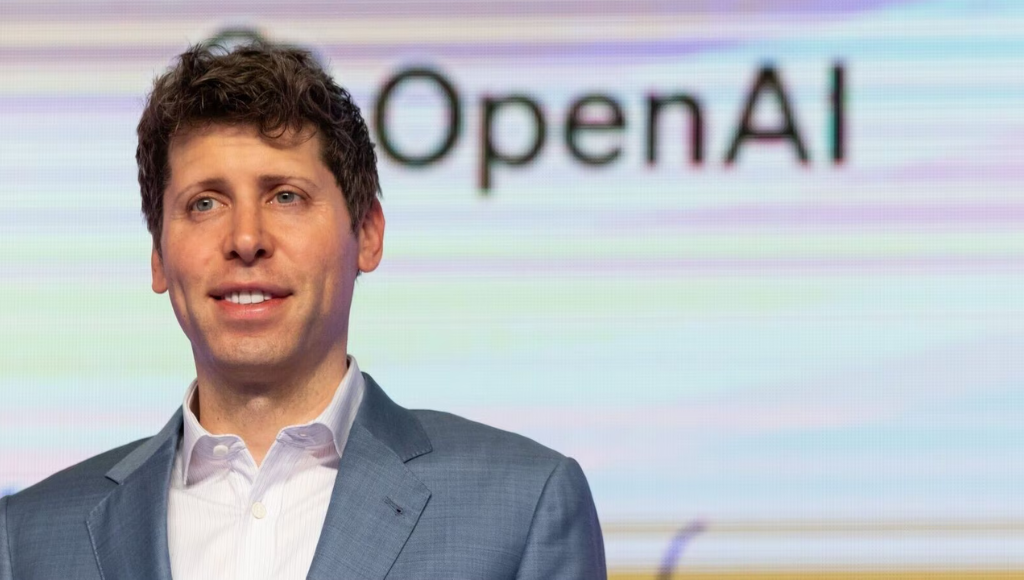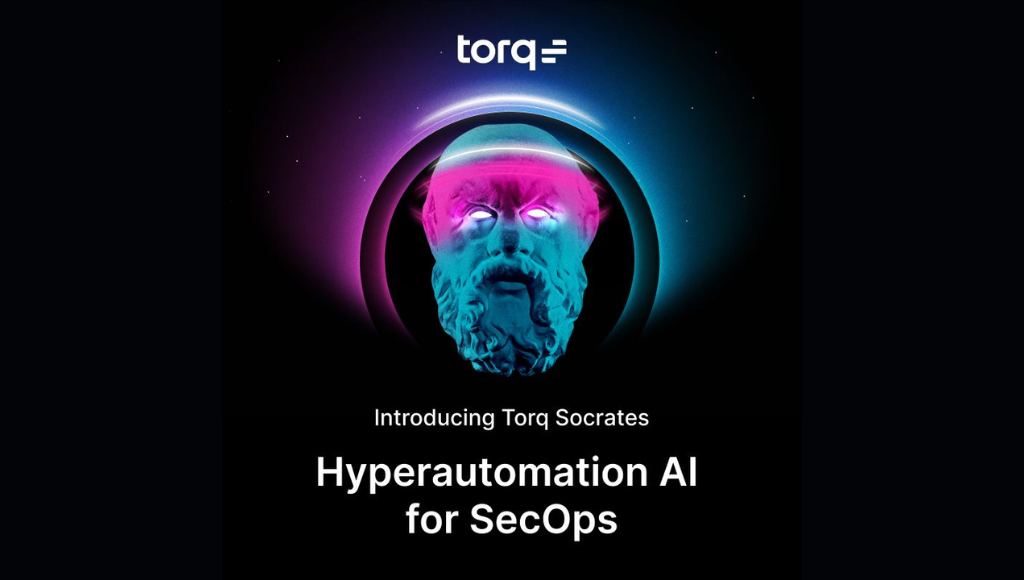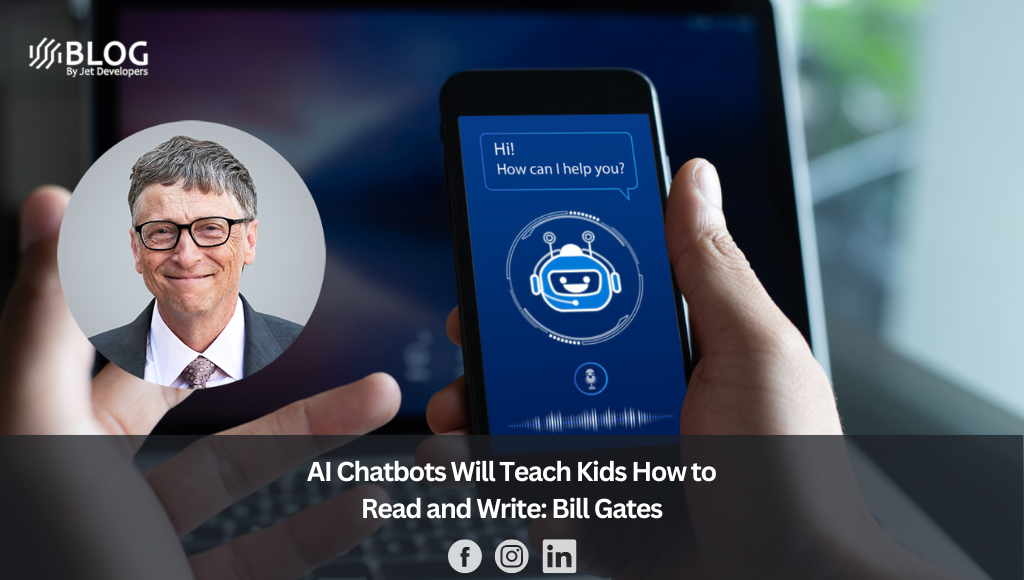Critics and online communities have raised concerns regarding recent comments made by OpenAI CEO Sam Altman in a profile featured in The New Yorker. Altman, who is portrayed as the driving force behind the realization of Artificial General Intelligence (AGI), stated that AGI “is the equivalent of a median human that you could hire as a coworker.”
This comment has sparked controversy as it appears to diminish the complexity and uniqueness of human intelligence. Critics argue that Altman’s remarks suggest that individuals with average skills and intelligence could be replaced by AGI, a technology that is yet to be fully developed.
Understanding Artificial General Intelligence (AGI)
It’s essential to distinguish AGI from generative AI. AGI represents a level of artificial intelligence that mirrors human capabilities, encompassing the ability to perform tasks, express emotions, and display intelligence comparable to or surpassing that of a human being. In essence, AGI could potentially excel in a wide range of professions, from healthcare to creative arts to transportation and beyond.
Given Sam Altman’s prominent role in the AI field, his statements are being closely scrutinized. OpenAI, founded in 2015 by Altman, Elon Musk, and Reid Hoffman, initially operated as a non-profit organization. However, its structure changed after 2020, allowing investors to potentially earn substantial returns on their investments.
According to a report by Insider, this isn’t the first time Altman has used the term ‘median human.’ In a 2022 interview on the Lex Fridman podcast, Altman explained that AGI could perform tasks that one would entrust to a remote coworker, including acquiring skills such as becoming a proficient doctor or coder.
The response to Altman’s comments has been mixed. Brent Mittelstadt, the director of research at the Oxford Internet Institute, expressed concerns about comparing AI to the concept of median or average humans, finding it somewhat offensive. He also found the terminology used in Altman’s statement to be concerning.
As a leader in the AI industry advocating for the responsible development of technology, Altman has emphasized the importance of AGI benefiting humanity. He has argued that society should not halt AGI’s development indefinitely, but instead work together to ensure its responsible deployment.
Governments worldwide are grappling with the regulation of generative AI and its far-reaching implications. The question of whether we should take the prospects of AGI seriously, even though the technology is not fully realized, remains a significant point of debate.
One of the potential consequences of achieving AGI, a concept once confined to the realm of science fiction, is the displacement of human jobs. Generative AI, which is less advanced than AGI, is estimated to have the potential to eliminate 300 million jobs, according to a Goldman Sachs report. A more recent report by McKinsey suggests that AI could reach human-level performance faster than previously anticipated.
McKinsey’s report predicts that generative AI will attain the median level of human performance by 2030 and reach the top 25 percent of human performance by 2040. The report also suggests that AI will match a median human’s social and emotional reasoning capabilities within the next 3-4 years, although this timeline could change with advancements in the AI field.






